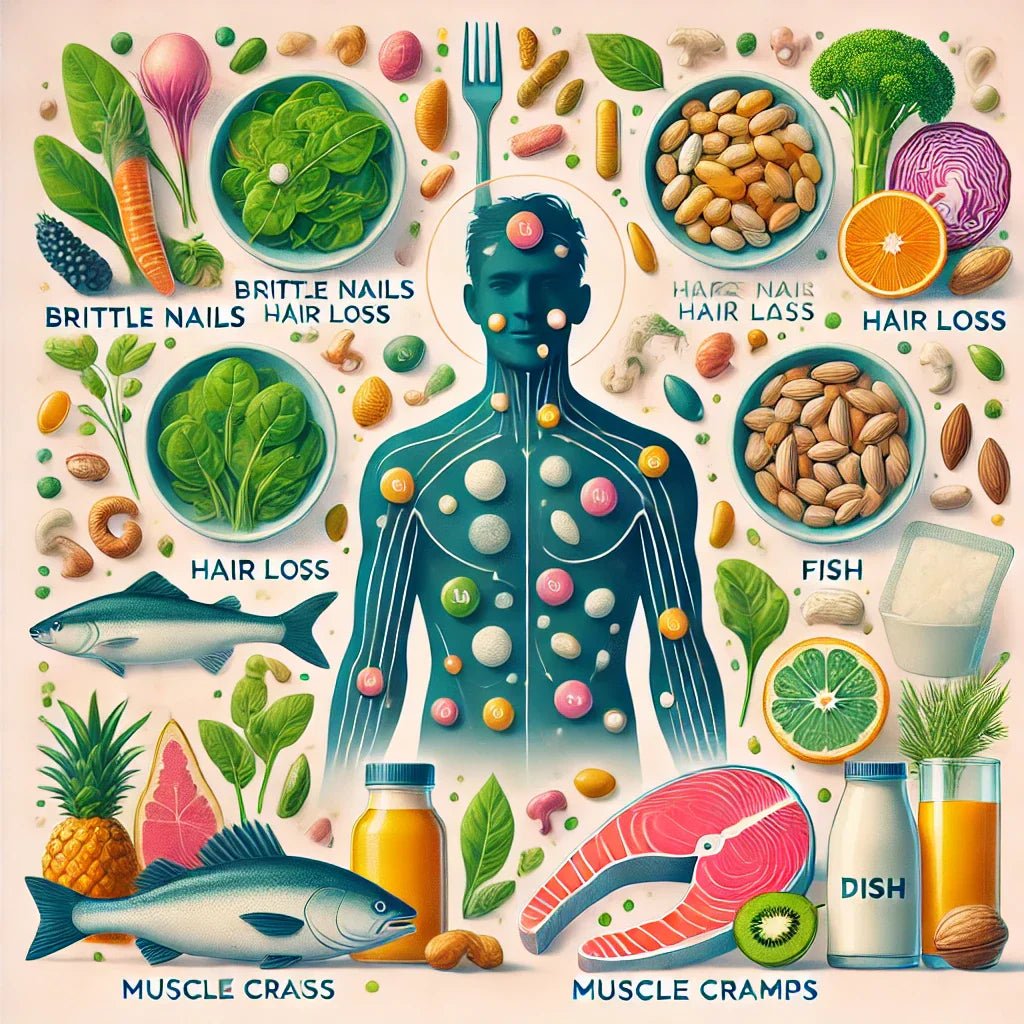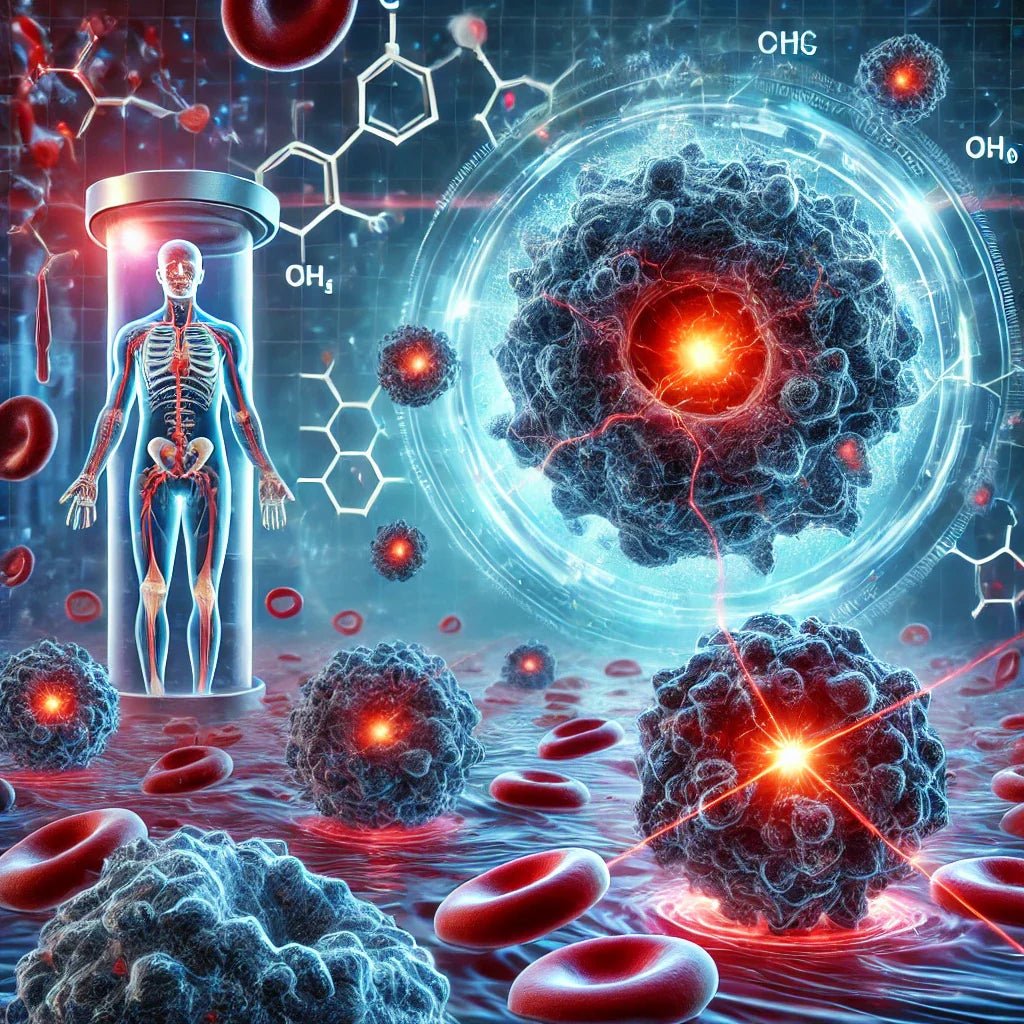Therapeutic fasting, also known as fasting therapy, is a method used for centuries in various cultures and medical traditions. It involves the conscious and controlled restriction of food intake for a set period of time. The practice has gained new recognition due to growing evidence of its health benefits, including improved outcomes for various conditions. In 2016, Japanese scientist Yoshinori Ohsumi received the Nobel Prize for his discoveries regarding the mechanisms of autophagy, a cellular process significantly activated during fasting that plays a key role in removing damaged cells and regenerating new ones.
Therapeutic fasting can provide benefits for a variety of conditions, including high blood pressure, type 2 diabetes, autoimmune disease, heart disease, overweight and obesity, and can also improve overall immunity and well-being. The duration of fasting can vary from short 24-hour fasts to several days to weeks, depending on the goal and health of the person fasting.
Therapeutic fasting is recommended for people who want to:
- Improve glycemic control and insulin sensitivity.
- Reduce body weight and body fat.
- Increase the efficiency of removing toxins from the body.
- Improve biochemical blood parameters, including cholesterol and triglyceride levels.
- Reduce inflammation and improve immune system function.
Despite its many benefits, fasting is not for everyone. There are contraindications, including:
- Pregnancy and breastfeeding.
- Chronic diseases, especially decompensated ones, such as advanced type 1 diabetes,
- Some heart diseases
- Eating disorders, including anorexia and bulimia.
- Being underweight or severely exhausted.
- Children and adolescents during growth.
During the therapeutic fast, the process of Autophagy is triggered. Autophagy, for which the Nobel Prize was awarded, is a process during which cells "clean" themselves of damaged elements, which contributes to their renewal and better functioning. Fasting induces autophagy, which can counteract the aging processes, neurodegenerative diseases and support cellular regeneration.
Before deciding to embark on a therapeutic fast, it is best to consult a medical professional to assess your health and determine whether fasting is appropriate at this time. It is also worth considering the support of a dietitian or therapist specializing in therapeutic fasting to ensure the process is safe and effective.
Therapeutic fasting can be a powerful tool for improving health, but it must be
be done thoughtfully and with proper supervision. With the right approach, fasting can bring significant benefits to both body and mind, opening the door to better health and a longer life.
The length of a fast can vary greatly depending on your goals. Here are some sample time frames:
- Short-term fasts (1-3 days): These can help detoxify and "reset" your body. They are relatively easy to incorporate into your regular lifestyle and can provide quick health benefits, such as improved concentration and better digestion.
- Medium-term fasts (4-10 days): Often recommended for deeper detoxification and better impact on chronic health conditions such as hypertension or metabolic problems.
- Long-term fasts (11-40 days): Requires close medical supervision. They can provide significant benefits in treating chronic conditions, but are associated with greater risks and must be performed under strict medical supervision.
The simplest preparation for Fasting:
-A few days before starting the fast, it is recommended to gradually reduce the amount of food consumed and avoid hard-to-digest, processed products, including refined oils, sugars, alcohol, flour products and large amounts of carbohydrates.
- Drink plenty of water with appropriate electrolytes (sodium, magnesium, potassium) before, during and after your fast to maintain proper hydration.
- Prepare mentally by setting goals and reminding yourself why you decided to pursue this form of therapy.
During the fast, you should drink water. You can also drink unsweetened herbal infusions.
Fasting is a time when the body regenerates intensively, so it is important to provide yourself with additional rest.
Light walking or yoga can support the detoxification process, but intense physical exercise and straining the body should be avoided.
Coming out of the Fast is more important than the fasting period itself.
Ending a fast should be as careful as starting it. There are different schools of ending a fast, but I recommend starting with soups and broths in the form of broths, of course without pasta. It all depends on the length of the fast. The longer the period without food, the longer the exit. Each subsequent day, you can gradually introduce a greater variety and amount of food, observing the reactions of the digestive system. You should not overeat and stuff yourself. You should eat very slowly and chew well. Carefully observe how your body reacts to the introduced subsequent foods.
Therapeutic fasting has been and is the subject of numerous scientific studies that indicate its potential benefits in treating various diseases. Here is an overview of the diseases that can be positively eliminated by fasting:
- Overweight and Obesity:
Studies show that fasting can effectively reduce body weight and body fat in overweight and obese individuals. Fasting helps regulate blood glucose levels, improves insulin sensitivity, and can lead to permanent weight loss.
- Type 2 diabetes:
Some observational and controlled studies have found that fasting can help control blood sugar levels by improving insulin function and sensitivity. Fasting may be beneficial in managing type 2 diabetes, but requires close supervision.
- Heart Disease:
Fasting can improve various risk factors for heart disease, including lowering blood pressure, reducing LDL cholesterol, triglycerides, and improving the lipid profile.
- Inflammation and Autoimmune Diseases:
There is evidence to suggest that fasting can reduce markers of inflammation in the body, which is important in treating autoimmune diseases such as rheumatoid arthritis, psoriasis, atopic dermatitis, vitiligo, Hashimoto's, and many others.
- Neurodegenerative Diseases:
Preliminary research suggests that fasting may support brain health by delaying the progression of neurodegenerative diseases such as Alzheimer's and Parkinson's through mechanisms such as autophagy, which helps remove damaged cells.
One of the most famous cases of long-term fasting is the story of Scotsman Angus Barbieri, who in 1965 underwent a 382-day medically supervised fast to reduce his excess weight. During this time he did not eat solid food and his diet consisted only of water, coffee, tea and occasionally broths. The fast was closely monitored by doctors who regularly checked his health. Barbieri lost around 125 kg during this time and his case is often cited as an extreme example of the effectiveness of fasting in weight loss. It is important to emphasize that such long-term fasts are extremely risky and should only be carried out under strict medical supervision.
Therapeutic fasting is an extensive research topic that has attracted the interest of scientists from various fields:
- Autophagy and its importance:
- Yoshinori Ohsumi, a Nobel Prize winner, has conducted groundbreaking research on the mechanisms of autophagy, published in numerous prestigious scientific journals. His work explains how cells recycle their components, which is crucial for understanding how fasting affects health at the cellular level.
- Intermittent fasting and the risk of metabolic diseases:
- A study by Varady KA, Bhutani S, Church EC, Klempel MC entitled "Short-term modified alternate-day fasting: a novel dietary strategy for weight loss and cardioprotection in obese adults" published in "The American Journal of Clinical Nutrition" shows how intermittent fasting can reduce weight and improve cardiovascular parameters.
- Fasting and type 2 diabetes:
- "Intermittent fasting: a dietary intervention for prevention of diabetes and cardiovascular disease?" by Bronwen Martin, Mark P. Mattson, et al., published in the British Journal of Diabetes & Vascular Disease, discusses the potential benefits of intermittent fasting in preventing type 2 diabetes and heart disease.
- Dr. Jason Fung:
- "The Complete Guide to Fasting: Heal Your Body Through Intermittent, Alternate-Day, and Extended Fasting"**. Dr. Fung, a nephrologist, is one of the leading experts on fasting. In his book, he discusses the various aspects of fasting, emphasizing its benefits for people with insulin resistance and type 2 diabetes.
- Dr. Valter Longo:
- "The Longevity Diet: Discover the New Science Behind Stem Cell Activation and Regeneration to Slow Aging, Fight Disease, and Optimize Weight." Dr. Longo examines the impact of diet and fasting on longevity and cellular regeneration, pointing to potential benefits in preventing disease and extending life.
- Dr. Mark P. Mattson:
- "The Health Benefits of Intermittent Fasting." As one of the leading neuroscientists studying the effects of fasting on the brain, Dr. Mattson provides evidence of how intermittent fasting can improve cognitive function and prevent neurodegenerative diseases.
Therapeutic fasting is a complex topic that encompasses a wide range of scientific disciplines. The studies and publications cited provide solid scientific evidence to support the various health benefits of fasting, from improved metabolic parameters to potential anti-aging and neuroprotective effects. The authors make a valuable contribution to understanding this practice, offering both a theoretical foundation and practical guidance for the safe use of fasting to improve health.
Therapeutic fasting is a practice with a long history that has gained new recognition in recent years due to advances in scientific research. Modern science provides us with increasing evidence that properly conducted fasting can have a significant impact on improving health and increasing longevity.
AUTHOR: Ice Tiger Health Coach Sebastian Zachara
Clinical dietitian, business psychologist, WHM, XPT and Oxygen Advantage respiratory trainer. Entrepreneur, athlete, personality that combines passion for a healthy lifestyle. He has extensive experience in the world of health and sports. Former competitive athlete, representative of Poland, winner of many Polish champion titles, European Championships and World Cups. In the 2021/22 season, he was the mental and respiratory trainer of the Polish Women's Olympic Team in kayaking. Husband and father of three children. Entrepreneur operating on the German, Spanish and Polish markets. He is the author of 2 books. Creator of the innovative "Ice Tiger Training" program, in which he uses his knowledge to help people fight stress, develop new positive habits, increase productivity and improve health. Specialist in the field of reversing metabolic and autoimmune diseases through lifestyle and nutrition changes. Organizer of workshops and camps related to the broadly understood topic of health and Post Camp - Cleansing and Harmony.






